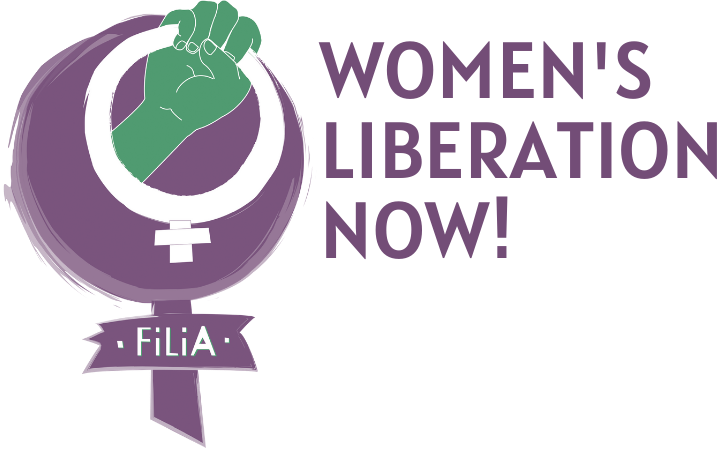#130 Esther: Surviving the Sex Trade
“Eliminating poverty is inefficient as a means of eliminating prostitution. There are many ways of grooming women to prostitution independently of their financial status...”
Listen here:
Esther, a sex trade survivor from London, talks to FiLiA’s Luba Fein and explains why prostitution cannot be separated from abuse and exploitation. She became involved with activism against the sex trade because of what was happening to women still involved in prostitution, the structural discrimination which puts huge obstacles in the way of their attempts to exit, the hypocrisy of those who are apologists for the sex trade, and the clear targeting of ever-younger girls with messages sanitising it and normalising the sexualised violence which is ubiquitous in online porn.
“Both my mental and physical health were severely compromised by my involvement in the sex trade. I became involved in prostitution in the mistaken belief that I would be able to recoup money I lost following an acrimonious divorce, and the experience after it of being groomed by a man I discovered was involved in undercover law enforcement.
The aces in the pack of cards I was dealt were living in a country with universal health care, and having family members who tracked me down and persisted. They did this after I declared my autonomy and “empowerment”, even as I took steps to enable post-mortem identification in what my experiences suggested was the likely event that a client would kill me. Family members who included a senior staff member at Amnesty International and a doctor who had worked with many international medical organisations.
I was compulsorily detained in a psychiatric ward to preserve my life and my freedom from torture and inhuman and degrading treatment. One of the arguments successfully put forward by my family as evidence of my poor mental health, and the risk I posed to myself, was the fact that I had become involved with the sex trade in the first place. Being believed as an inpatient and receiving trauma-focused care were major factors which helped me turn my life around.”
This episode is part of our #ListenToSurvivors series.

